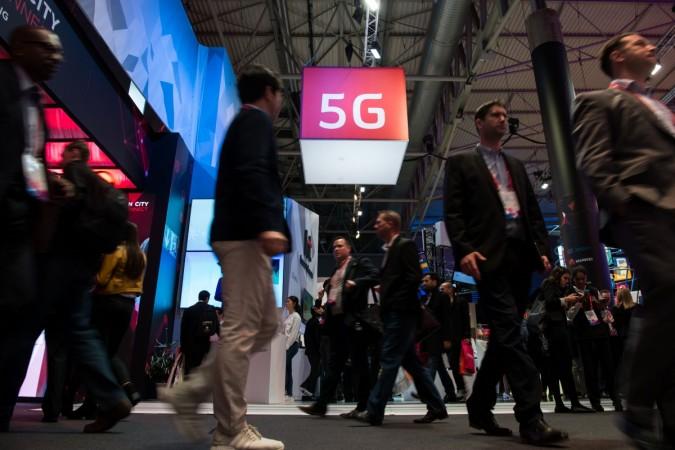The telecom and the related infrastructure industry have come together to refute rumours that 5G connectivity is causing the second wave of Covid-19. Industry bodies have cautioned the public against falling prey to such misinformation.
In a joint statement on Friday, the Cellular Operators Association of India (COAI) and the Tower and Infrastructure Providers Association (TAIPA) expressed their concern regarding false rumours connecting 5G technology with the spread of Covid-19.
The industry bodies said that they have come across multiple messages on social media platforms as well as reports in a few regional media allegedly claiming '5G spectrum trials' as the probable cause of rising cases of Covid-19.

"We would like to clarify that these rumours are absolutely false. We urge people not to fall for such baseless misinformation. Several countries in the world have already rolled out 5G networks and people are using these services safely," COAI Director General S.P. Kochhar said.
No link between 5G and COVID
Even the World Health Organisation has clarified that there is no correlation between 5G technology and Covid-19, he said.
"We have shared our concerns with the Department of Telecommunications and have apprised them of the situation. We appeal fellow citizens to beware of these fake messages. Together we can fight this menace of misinformation," Kochhar added.

TAIPA Director General Tilak Raj Dua said: "Such misleading campaigns, if not brought under control immediately, may significantly impact the telecom operations and hence the connectivity at large and deprive the general public and government authorities from getting uninterrupted telecom services at this crucial juncture."
The COAI and TAIPA added that there are no 5G trials in the country. No 5G towers have been installed as yet. Telecom services are a lifeline for the nation, especially in the current times, they said.
In fact, these networks are keeping people safe by enabling work from home, online classes, e-health and online doctor consultations among others. Hundreds of millions of people depend on these networks to access real time information when they need it the most, the statement added.
(With inputs from IANS)















